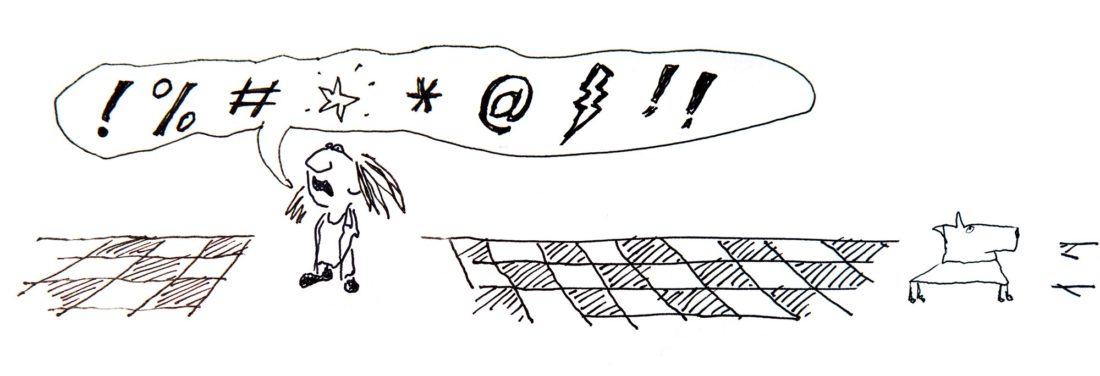Finding chestnuts. Bravery. And humanity.
I had this article about chestnuts completely written. Some very nice discoveries that I thought you would find interesting. Then I decided on Friday that I needed to double check a couple of things, and to get some video of the almost-worthy-of-an-amusement park four-wheel drive up a stream bed to get to my friend’s grove of chestnuts in the middle of the forest. I asked him if I could tag along the next time he gathered chestnuts, he agreed, then mentioned that it was his birthday and that a few other friends were coming to have a lunch in the woods.
Simple, right? These things sound so much easier in retrospect, and in print, then they are for me to do. I’m shy, I hate to impose, and am very sensitive that I can’t communicate in Italian with any measure of fluidity or nuance. My Italian is very much in the sledge hammer stage, and I knew I’d be in for an all-day Italian-speaking extravaganza. My heart was pounding with anxiety when I joined friends in the piazza to drive up the hill.
Chestnut Grove from Itch.world on Vimeo.
I also know that this is why I am doing Itch. Every week I am pushed to do more than I am comfortable with, more than I actually want to do, both in my Italian community, and in my creative life. I am creative, every day, for clients, but this is different. This is for me—I’ve never written, at all, before now. But have wanted to, my whole life. Every week is a new frontier, rough edges all around.
And my relationships in the village had reached a comfortable point. I now know hundreds of people, engage in short conversations, goodwill flowing in both directions, but it’s difficult for me to get deeper, for all the reasons above. Itch is a wonderful forcing mechanism.
So I found myself in the middle of the woods, at a long table surrounded by stumps, eating roasted pig parts rejected by the rest of the world but revered by the “real” Tuscans, debating whether truffles found locally actually count as authentic Tuscan food, and singing, yes, singing, helping friends learn the English words to “Knocking on Heaven’s Door” while a guitar was played. And with these sweet, kind, generous, secure, happy people it didn’t matter a bit if my conditional tenses are garbage, or that business development is taking longer than I would like, or that I didn’t know these people profoundly. I was at peace—accepted, included, encouraged, supported. At that moment on a Friday afternoon it was hard to imagine a similar scene unfolding anywhere else but this Tuscan woods. And I knew that this was the point of this post.
Here’s the original article about chestnuts, for your edification.


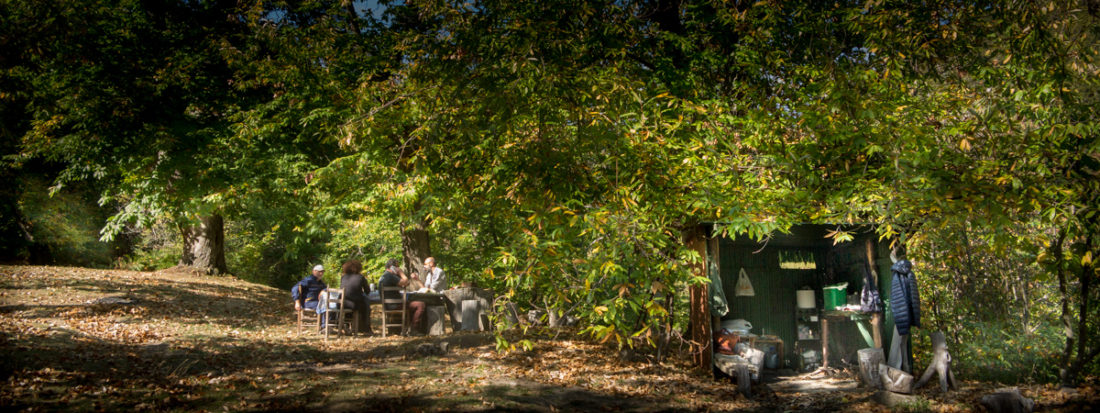









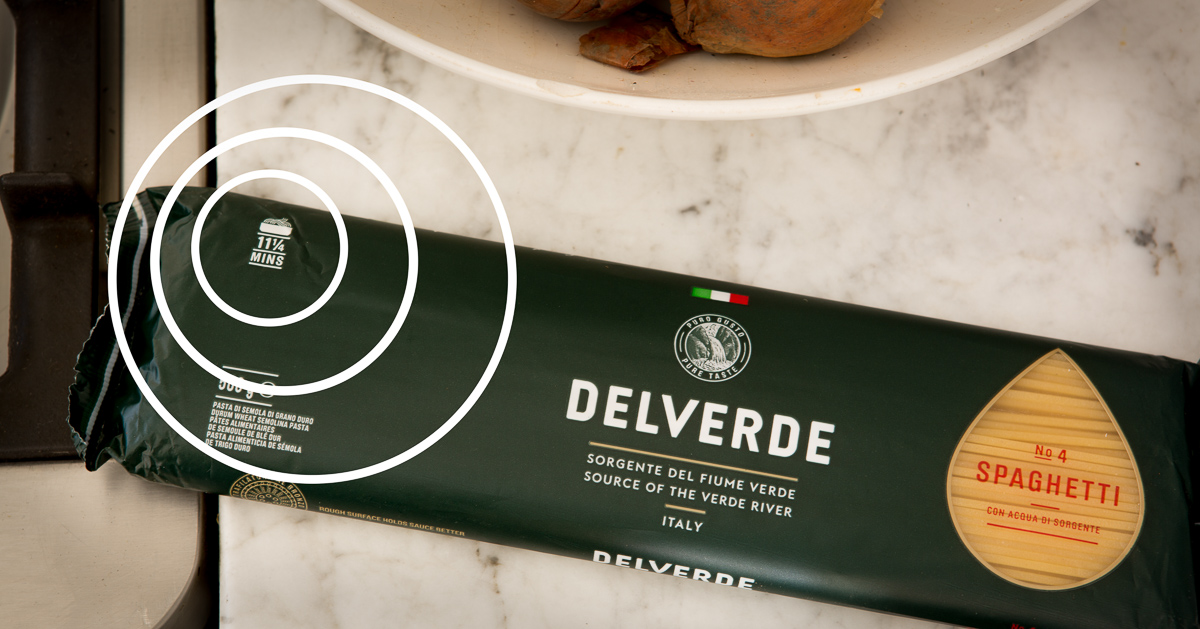
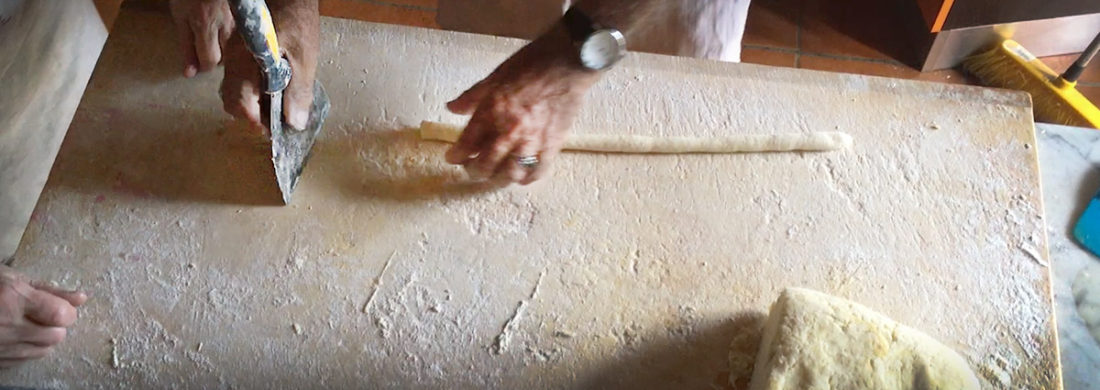

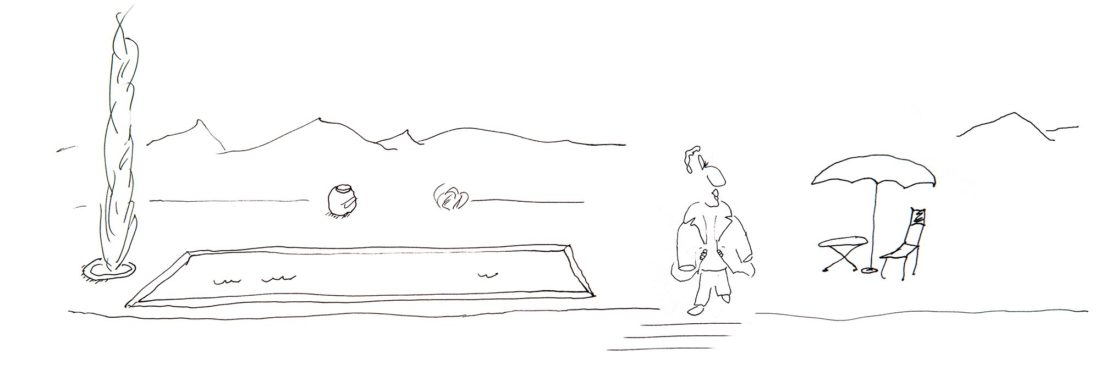
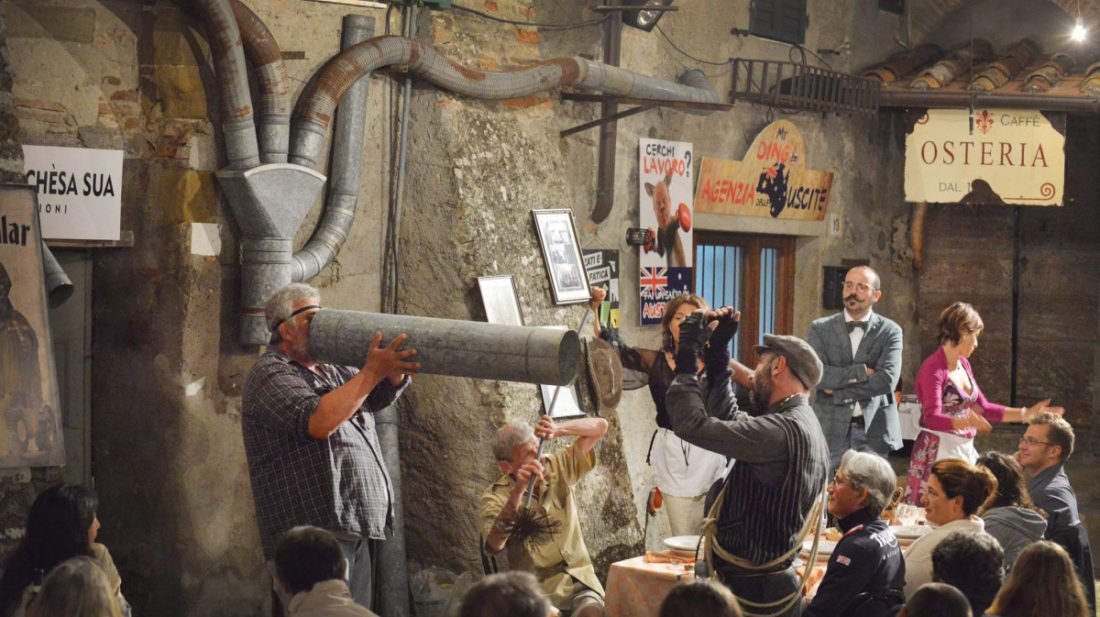
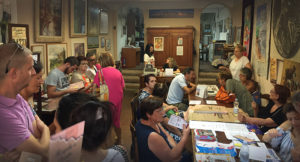 The town wildly embraces this annual tradition. There are 130 seats for each of the 10 shows and tickets sell out almost immediately. I went to buy mine the morning the tickets were available, arrived 15 minutes after the office opened, and found myself 66th in line. The entire process took hours!
The town wildly embraces this annual tradition. There are 130 seats for each of the 10 shows and tickets sell out almost immediately. I went to buy mine the morning the tickets were available, arrived 15 minutes after the office opened, and found myself 66th in line. The entire process took hours!
